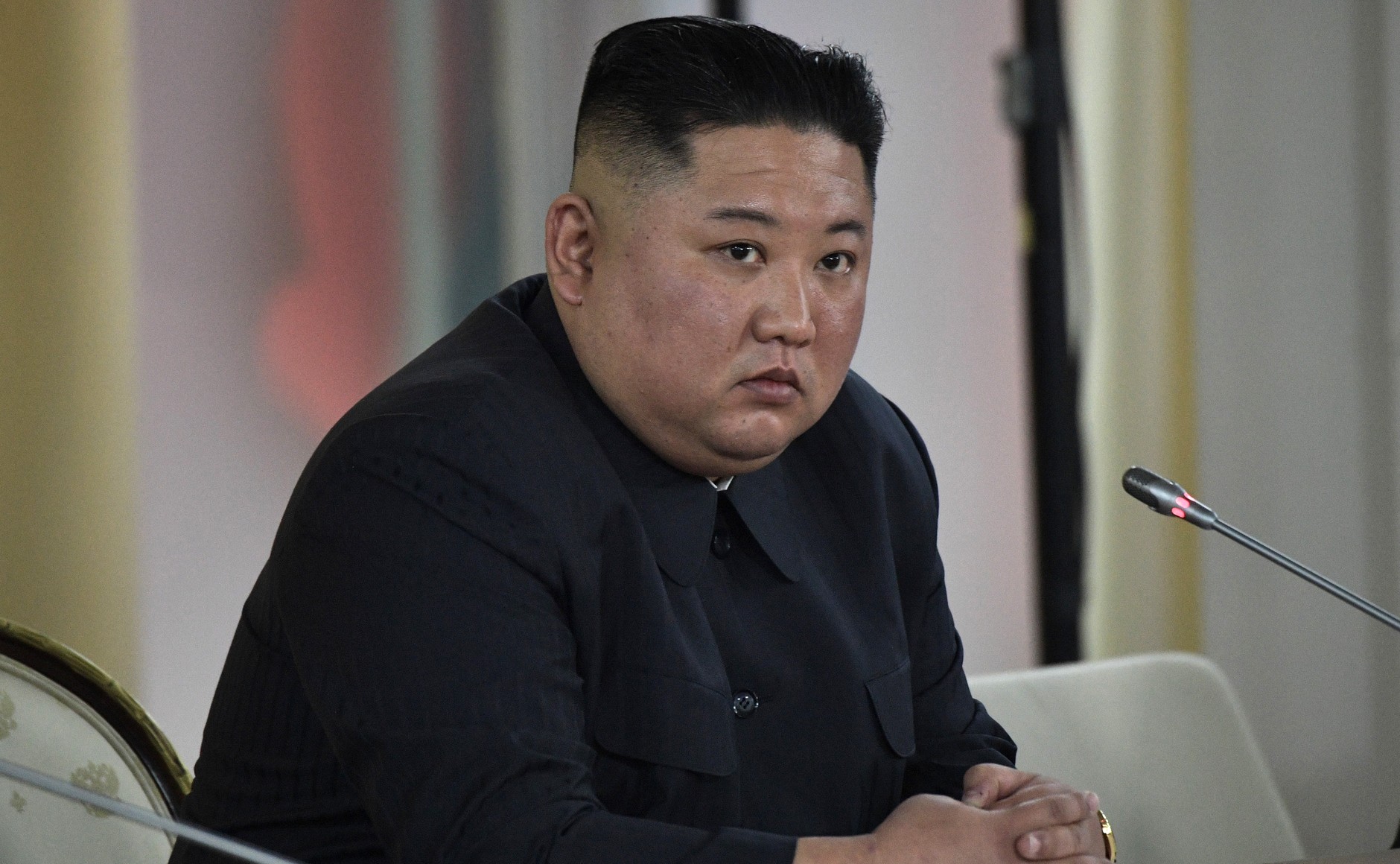North Korea (Washington Insider Magazine) -The International Atomic Energy Agency said in a new report that since early July there have been “indications consistent with the operation” of a nuclear reactor at Yongbyon in North Korea.
The reactor was the focal bargaining chip put forward by Pyongyang when they had three face-to-face meetings with President Trump in an attempt to have impoverishing sanctions lifted. The offer to destroy the reactor came to nothing.
The nation of 25 million has been reclusive and militarily focused ever since a US-led genocide from 1950 to 1953 almost returned the country to the stone age.
The extent of this attitude has been taken to seemingly bizarre lengths at times. A recent offer by the UN to provide 3m Sinovac vaccine shots was turned down. Pyongyang instead proposed the shots were sent to countries that need them more.
Whilst North Korea has used tough quarantines and border closures to try and control the Coronavirus, the claim that the country is entirely virus-free is widely doubted. Some have speculated that the country is merely trying to angle for an allocation of more effective vaccines. UNICEF, who are working with the UN on the distribution of the vaccine allocations, say North Korea’s health ministry is in touch. However, the continued global effort against COVID will require maximum cooperation and UN member states continue to feel exasperated by Pyongyang’s opaqueness.
The developments come as North Korea faces the daunting task of getting through the fallout of a series of natural disasters. Last year’s crops were badly impacted by typhoons whilst this year they were damaged by weeks of drought followed by heavy monsoon rains. Whilst the weak economy meant preparation for such events was poor, the WPK’s general secretary Kim Jong-Un also said measures to tackle climate change were needed.
Whilst abnormal extremities caused by climate change will wreak increased havoc, the poor nation has struggled to cope with natural disasters ever since the fall of the Soviet Union. To be better prepared for the crisis to come, management of the economy will have to improve and the crippling sanctions eased.
When the latest round of sanctions was applied in 2016 charities such as Christian Friends of Korea said that their efforts to help the impoverished nation were being disrupted. Shovels, threshers and compost makers were all reported to be blocked. For the sake of the Korean people and global battles like those against COVID and climate change, better cooperation is needed.


























